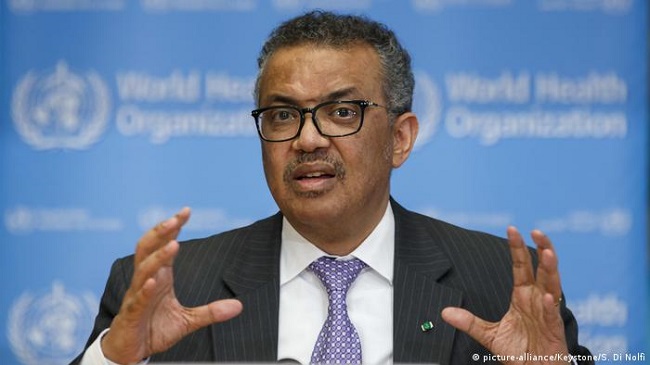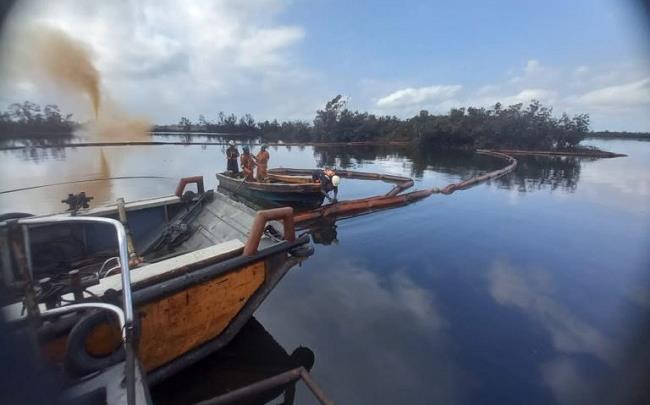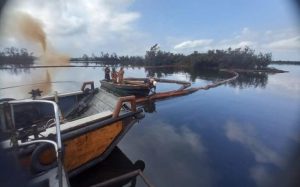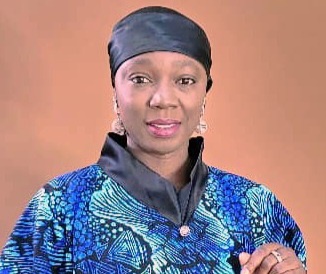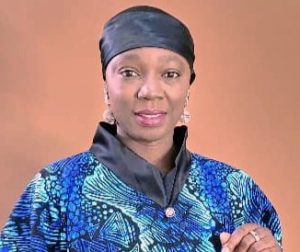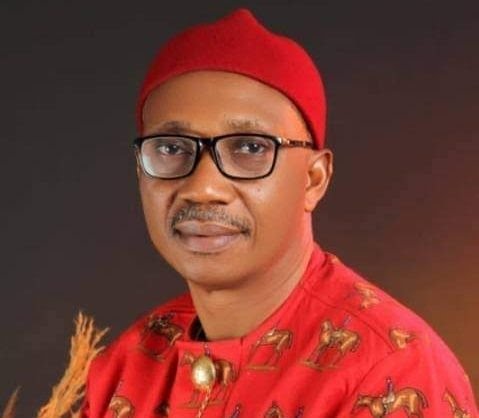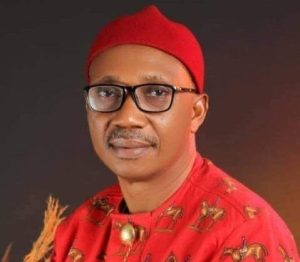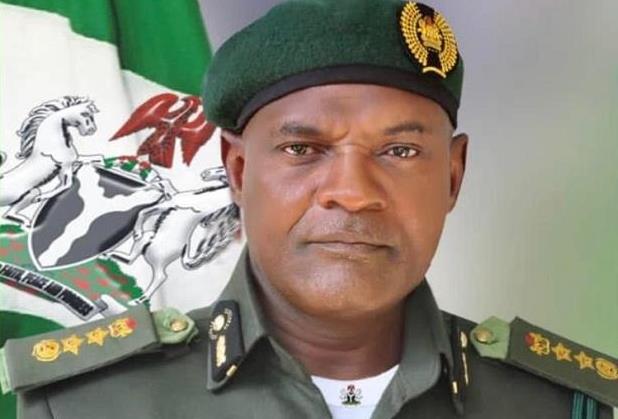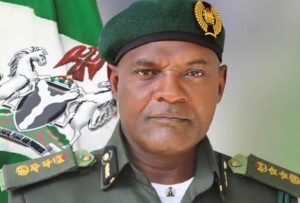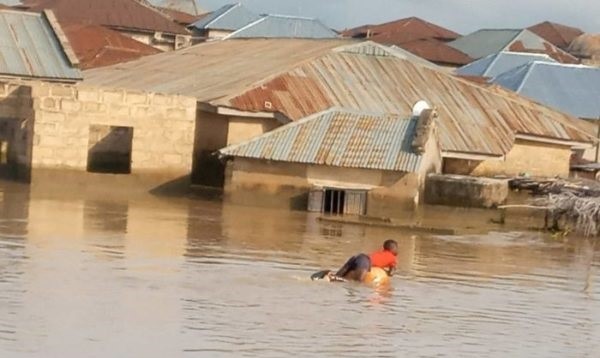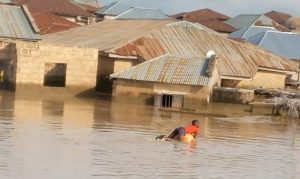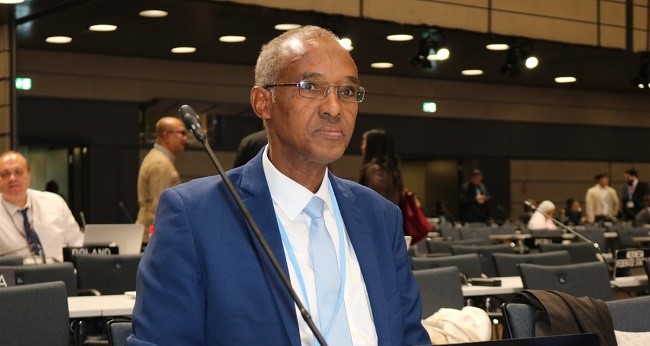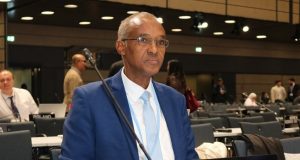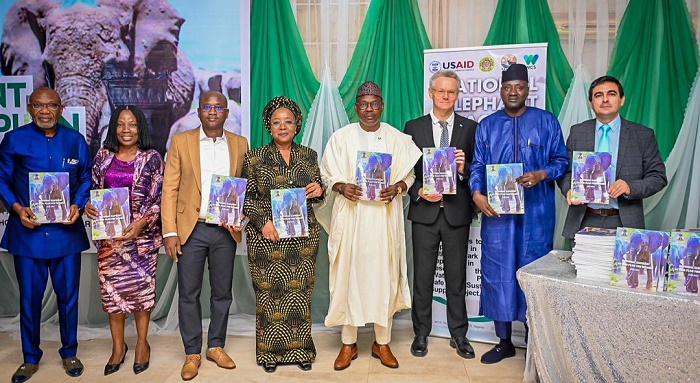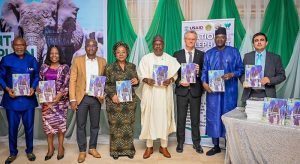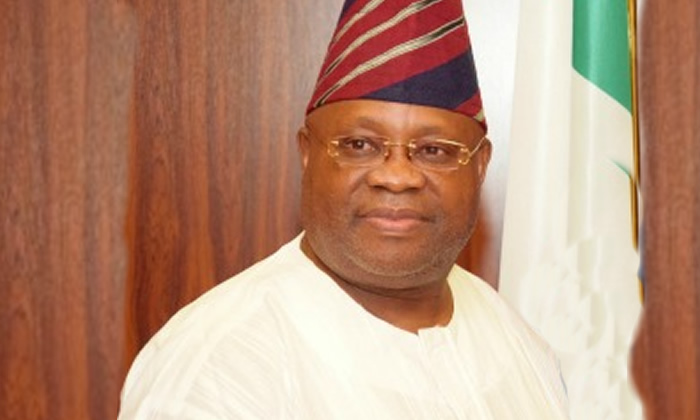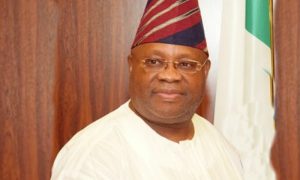WHO Director-General, Dr Tedros Adhanom Ghebreyesus, has determined that the upsurge of mpox in the Democratic Republic of the Congo (DRC) and a growing number of countries in Africa constitutes a public health emergency of international concern (PHEIC) under the International Health Regulations (2005) (IHR).
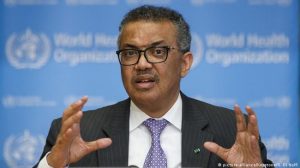
Dr Tedros’s declaration came on Wednesday, August 14, 2024, on the advice of an IHR Emergency Committee of independent experts who met earlier in the day to review data presented by experts from WHO and affected countries. The Committee informed the Director-General that it considers the upsurge of mpox to be a PHEIC, with potential to spread further across countries in Africa and possibly outside the continent.
The Director-General will share the report of the Committee’s meeting and, based on the advice of the Committee, issue temporary recommendations to countries.
In declaring the PHEIC, Dr Tedros said: “The emergence of a new clade of mpox, its rapid spread in eastern DRC, and the reporting of cases in several neighbouring countries are very worrying. On top of outbreaks of other mpox clades in DRC and other countries in Africa, it’s clear that a coordinated international response is needed to stop these outbreaks and save lives.”
WHO Regional Director for Africa, Dr Matshidiso Moeti, said: “Significant efforts are already underway in close collaboration with communities and governments, with our country teams working on the frontlines to help reinforce measures to curb mpox. With the growing spread of the virus, we’re scaling up further through coordinated international action to support countries bring the outbreaks to an end.”
Committee Chair, Professor Dimie Ogoina, said: “The current upsurge of mpox in parts of Africa, along with the spread of a new sexually transmissible strain of the monkeypox virus, is an emergency, not only for Africa, but for the entire globe. Mpox, originating in Africa, was neglected there, and later caused a global outbreak in 2022. It is time to act decisively to prevent history from repeating itself.”
This PHEIC determination is the second in two years relating to mpox. Caused by an Orthopoxvirus, mpox was first detected in humans in 1970, in the DRC. The disease is considered endemic to countries in central and west Africa.
In July 2022, the multi-country outbreak of mpox was declared a PHEIC as it spread rapidly via sexual contact across a range of countries where the virus had not been seen before. That PHEIC was declared over in May 2023 after there had been a sustained decline in global cases.
Mpox has been reported in the DRC for more than a decade, and the number of cases reported each year has increased steadily over that period. Last year, reported cases increased significantly, and already the number of cases reported so far this year has exceeded last year’s total, with more than 15,600 cases and 537 deaths.
The emergence last year and rapid spread of a new virus strain in DRC, clade 1b, which appears to be spreading mainly through sexual networks, and its detection in countries neighbouring the DRC is especially concerning, and one of the main reasons for the declaration of the PHEIC.
In the past month, over 100 laboratory-confirmed cases of clade 1b have been reported in four countries neighbouring the DRC that have not reported mpox before: Burundi, Kenya, Rwanda and Uganda. Experts believe the true number of cases to be higher as a large proportion of clinically compatible cases have not been tested.
Several outbreaks of different clades of mpox have occurred in different countries, with different modes of transmission and different levels of risk.
The two vaccines currently in use for mpox are recommended by WHO’s Strategic Advisory Group of Experts on Immunisation, and are also approved by WHO-listed national regulatory authorities, as well as by individual countries including Nigeria and the DRC.
Last week, the Director-General triggered the process for Emergency Use Listing for mpox vaccines, which will accelerate vaccine access for lower-income countries which have not yet issued their own national regulatory approval. Emergency Use Listing also enables partners including Gavi and UNICEF to procure vaccines for distribution.
WHO is working with countries and vaccine manufacturers on potential vaccine donations and coordinating with partners through the interim Medical Countermeasures Network to facilitate equitable access to vaccines, therapeutics, diagnostics and other tools.
WHO anticipates an immediate funding requirement of an initial $15 million to support surveillance, preparedness and response activities. A needs assessment is being undertaken across the three levels of the Organisation.
To allow for an immediate scale up, WHO has released $1.45 million from the WHO Contingency Fund for Emergencies and may need to release more in the coming days. The Organisation appeals to donors to fund the full extent of needs of the mpox response.

